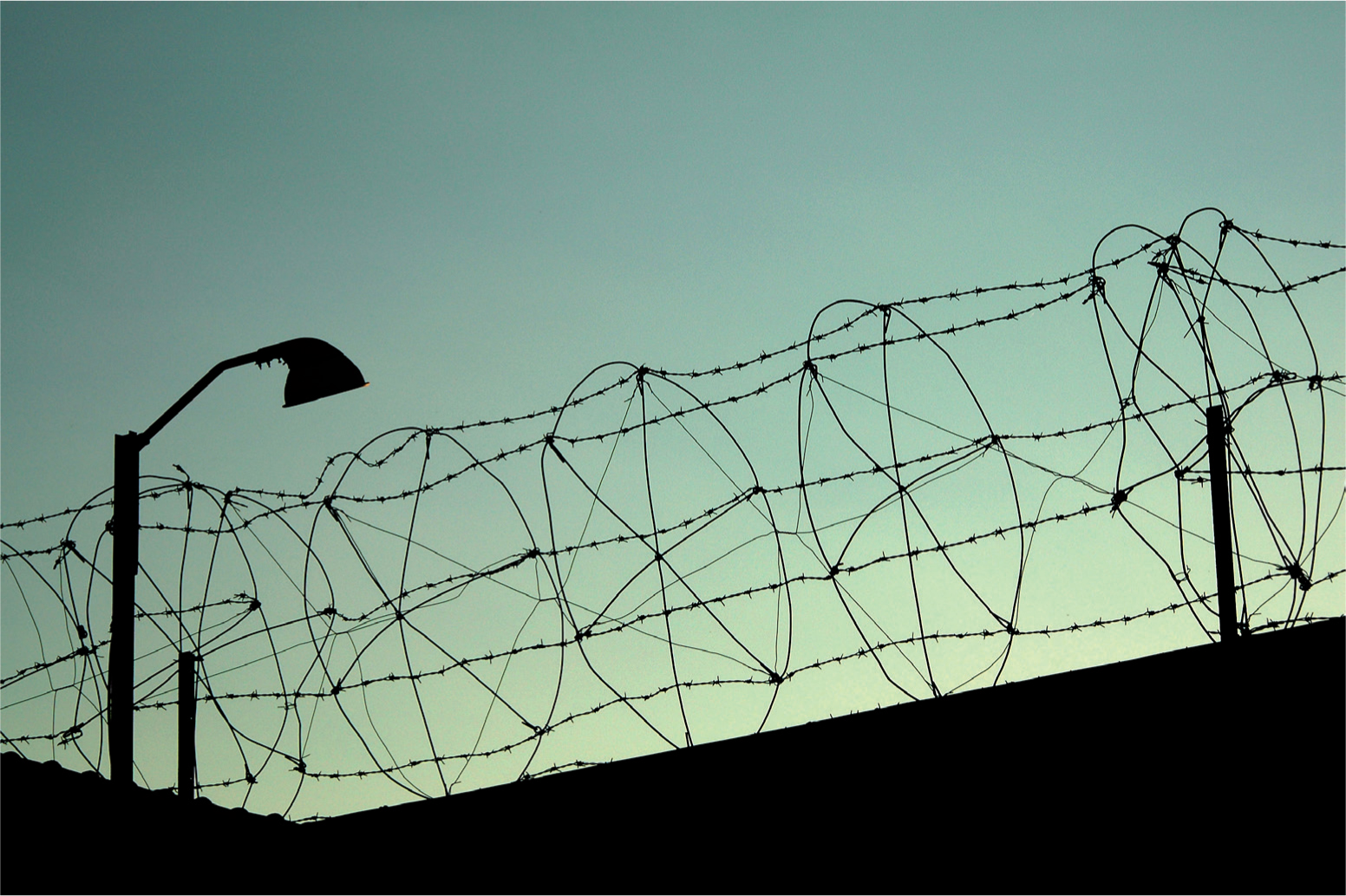As of June 2023, the UK had a total prison population of 95 526 people: 85 851 in England and Wales, 7775 in Scotland and 1900 in Northern Ireland (Sturge, 2023). According to His Majesty's Prison and Probation Service (2023) in England and Wales in 2023, 4% of the prison population was female; in 2022/23, there were 194 pregnant women in prison and 44 births to women spending time in custody, with 43 births occurring in hospital ‘and one birth took place either in transit to hospital or within a prison’. A mother and baby unit is a designated accommodation unit in a women's prison that enables mothers, where appropriate, to have their children with them, and ‘in the year to March 2023, 51 women and 44 babies were received into [mother and baby units]; compared with 39 women and 40 babies in the previous reporting year; and there are currently six [mother and baby units] in operation across the women's estate in England – there are no women's prisons in Wales’ (His Majesty's Prison and Probation Service, 2023).
Some might suggest that these data represent relatively low numbers of pregnant women/women with babies in prison. But such an argument is irrelevant in the context of clear declarations from the United Nations and the Council of Europe that ‘all prisoners must receive health care equivalent to that available in the community’ (Abbott et al, 2023).
The importance of this imperative is underlined by Abbott et al's (2023) findings when examining the experiences and perceptions of midwifery care in English prisons. In carrying out semi-structured interviews with 28 pregnant women prisoners and 10 custody staff, they concluded that ‘prison is an adverse environment for a pregnant woman’ (Abbott et al, 2023). Women prisoners reported ‘disempowerment due to limited choice; fear of birthing alone; and a lack of information about rights, with a sense of not receiving entitlements’ (Abbott et al, 2023). Further, there was confusion around the statutory role of UK midwifery, and the experiences of perinatal prisoners made a stark contrast with best midwifery practice, leaving women unable to choose their care provider, their birth companions or their place of birth.
A further contrast with the requirement that ‘all prisoners must receive health care equivalent to that available in the community’ is the finding of a ‘reliance upon “good behaviour” in return for appropriate treatment [that] may be detrimental to the health, safety, and wellbeing of the pregnant woman and her unborn baby’ (Abbott et al, 2023).

Extending beyond the English penal system, Kirubarajan et al (2022) reviewed 24 studies conducted in the UK, USA, Brazil, Norway and Indonesia that provided perspectives from 645 female patients who had experienced imprisonment, 69 healthcare providers and 70 prison staff. Patient-reported concerns included ‘mental health challenges, dehumanisation of prenatal care and delivery, lack of privacy, stigma, psychological trauma, lack of emotional support and shackle usage during pregnancy and/or labour’ (Kirubarajan et al, 2022), with the psychological trauma of separating mother from baby after birth described as causing ‘utmost devastation’.
Another aspect of pregnancy and birth in penal systems was recently highlighted by Capper et al (2024), who investigated how the dietary needs of incarcerated pregnant women were being met. In their review of 16 papers published between January 2010 and April 2023 on the provision of nutrition for pregnant women in international prison systems, two themes were identified: inconsistent food provision and the fraught relationship between choice, autonomy and food, with ‘a clear disparity in the way in which diet is prioritised and provided to pregnant incarcerated women across several countries’ (Capper et al, 2024). The authors also noted that charities such as Birth Companions ‘have resulted in the publication of birth charters, one for women in prison in England and Wales…and another for women in prison in Australia’ (Capper et al, 2024).
Launched in May 2016, the Birth Charter for women in prisons in England and Wales provides a blueprint for the prison service to help ‘ensure that every baby and every new mum is on the path towards optimum health and wellbeing’, and help midwives ‘to fulfil our vital role as advocates for women; for example, by establishing whether a woman wants prison officers in the room while she gives birth’ (Delap et al, 2016). A position statement from the Royal College of Obstetricians and Gynaecologists (2021) observed that if a pregnant woman receives a prison sentence, she may come directly from a violent domestic background, which ‘increases the risk of miscarriage, infection, premature birth, and injury or death to the baby’. The Royal College of Obstetricians and Gynaecologists (2021) also highlighted the importance of ensuring that prison staff and health professionals are ‘adequately trained in recognising the signs of domestic violence, understanding the risk factors in relation to pregnancy, and have adequate knowledge of the support available to women in the prison system who have experienced domestic violence’.
‘…if a pregnant woman receives a prison sentence, she may come directly from a violent domestic background, which “increases the risk of miscarriage, infection, premature birth, and injury or death to the baby”’
As Delap et al (2016) stated, ‘any maternity service can be measured by the care we provide to the most vulnerable in our society. Women in prison and their babies deserve the best of care’.


